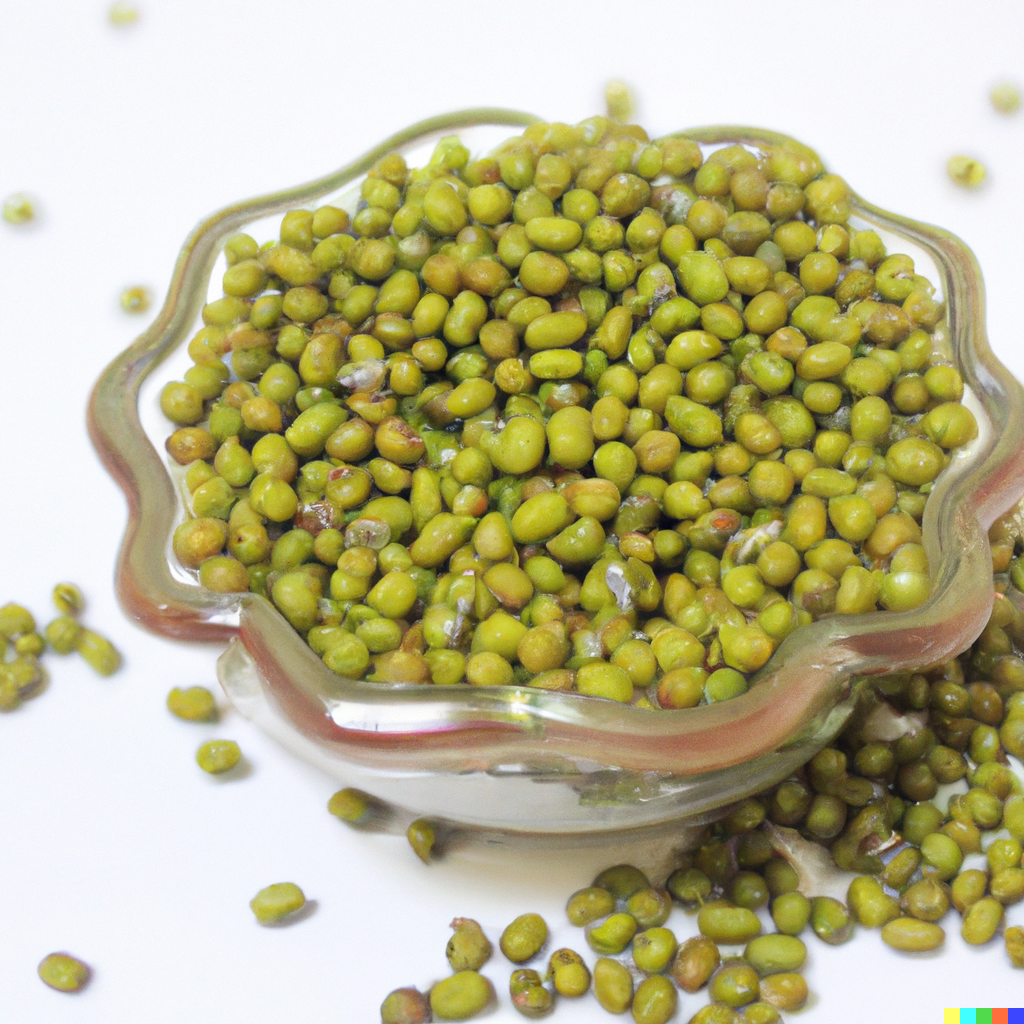What is Mukimame?
Mukimame, often referred to as shelled edamame, are immature soybeans removed from their pods. They are a staple in East Asian cuisines and have been gaining popularity worldwide due to their high nutritional value and versatility in culinary applications.

In-depth Look at Mukimame Nutrition Facts
Calorie Content and Macronutrients
Per 100g serving, mukimame provides approximately 122 calories, making it a relatively low-calorie food. The macronutrient distribution is as follows:
- Protein: 11.2 g
- Total Fat: 5.2 g
- Carbohydrates: 9.9 g
As you can see, mukimame is high in protein, which is a crucial nutrient for muscle development, tissue repair, and immune function.
Vitamins and Minerals in Mukimame
Mukimame is rich in various vitamins and minerals, including:
- Vitamin K: 33 µg
- Vitamin C: 6.9 mg
- Calcium: 63 mg
- Iron: 2.4 mg
These nutrients have vital roles in the body. For instance, Vitamin K is essential for blood clotting, Vitamin C is a powerful antioxidant, Calcium is necessary for bone health, and Iron is crucial for the production of red blood cells.
Fiber and Other Nutrients
In addition to these nutrients, mukimame also provides 5.2g of dietary fiber per 100g serving. Dietary fiber aids in digestion and can help regulate blood sugar levels.
Health Implications of Mukimame’s Nutrient Profile
The nutrient profile of mukimame contributes to various health benefits. Its high protein content makes it an excellent food choice for muscle growth and repair. The high fiber content aids digestion and helps maintain healthy blood sugar levels. The vitamins and minerals in mukimame contribute to various bodily functions, including immune response, bone health, and oxygen transport.
Comparing Mukimame with Other Soy Products
When compared to other soy products, mukimame holds its own. Here is a comparison of the nutritional content of mukimame, tofu, and tempeh per 100g serving:
| Nutrient | Mukimame | Tofu | Tempeh |
|---|---|---|---|
| Calories | 122 kcal | 76 kcal | 195 kcal |
| Protein | 11.2 g | 8 g | 20.3 g |
| Total Fat | 5.2 g | 4.8 g | 11.1 g |
| Carbohydrates | 9.9 g | 1.9 g | 9 g |
| Dietary Fiber | 5.2 g | 0.3 g | 4.8 g |
As you can see, mukimame offers a balance of protein, carbohydrates, and fiber, making it a well-rounded addition to any diet.
Incorporating Mukimame into a Healthy Diet
Mukimame can be included in your diet in various ways. You can enjoy it as a snack, add it to salads, stir-fry it with other vegetables, or include it in soups and stews. Regardless of how you choose to consume it, mukimame is a nutritious food that can contribute to a balanced diet.